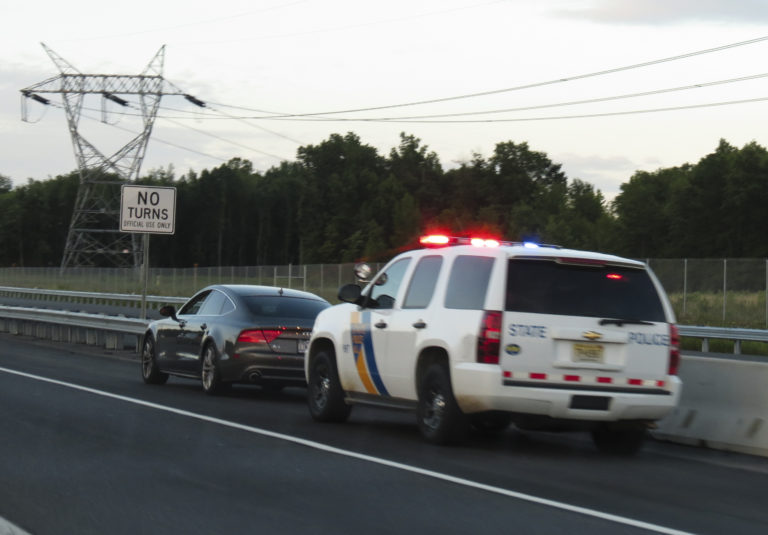
If you get pulled over for DUI as with any moving violation, you want to be cooperative and compliant with the police officer in terms of providing your license, registration, and insurance card. In fact, if you’re going out for the evening, you may want to put those documents in a safe place just in the event that you get pulled over. You want to answer the officer’s questions in a very concise way. You don’t want to offer additional information if it’s not asked of you, but be very careful to listen to what the officer is asking so you can answer his question precisely and follow directions. You don’t have an obligation to give the officer any more information than that to which he’s entitled, but you do have an obligation to comply with the directions of the officer.
So when you get pulled over by the police officer, he may indicate that he has smelled an odor of alcohol, or you may make an admission that you’ve had something to drink. If that’s so, the officer may pull you out of the vehicle, may ask you to do some field sobriety tests. These field sobriety tests are formulated with the intention to distract you, to get you to listen at the same time as you’re performing a physical function. So you need to listen to the officer’s instructions and you need to do them in accordance with his instructions.
If you are not successful in completing the psycho-physical field sobriety test to the officer’s satisfaction, it’s likely that he’ll transport you to the police station in order to administer an Alcotest. The Alcotest is an objective test. Some people refer to it as the Breathalyzer. It’s a similar device. In the state of New Jersey, you must comply with the taking of the Alcotest. The officer must observe you for 20 minutes prior to administering the Alcotest, but you do have an obligation to provide two good breath samples to the police officer so that they can get an accurate blood alcohol reading. If you do not comply with the taking or the providing of samples to the officer, it’s likely that the officer will write you a motor vehicle violation for refusal in addition to the driving while intoxicated citation the he originally would’ve written to you.
One thing that is important to note is that even though you will be taking field sobriety tests on the roadside, if you have any physical limitation or if you’re taking medication for a cold, for example, or a sinus infection, it’s important that you indicate that to the officer at the time you step out of the car, before you take the field sobriety test. It’s important also to know that everything you do on the roadside is going to be recorded either by audio or by video and in some cases, the state of New Jersey is moving toward body cameras so that everything you say or do and everything the officer says or does will be recorded by body cameras. The same is true in the police station. It’s helpful to know that those statements that you may make and that the officer may make may help you in the defense of your DUI charge later on after you’ve consulted with an attorney.
The law firm of Mattleman, Weinroth & Miller, P.C., is composed of experienced criminal defense attorneys throughout the state of New Jersey. Please contact the office for a free initial consultation and get any questions answered regarding DWI related charges and procedures.

